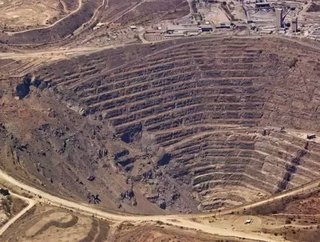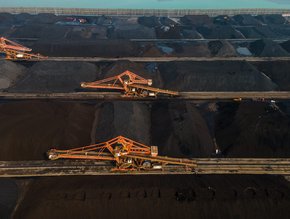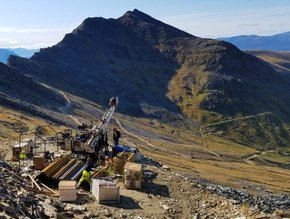[REPORT]: Is the Mining Industry in South Africa in Decline?

Let’s not mince words here. To answer the question posed by the headline: yes, or at least that’s certainly what it looks like.
According to a report from professional services firm PricewaterhouseCoopers (PwC), a swelling cost base and shrinking margins have put some dents into the financial landscape of the South African mining industry over the last year. This has driven impairments up 145 percent to R49 million and resulted in a 19 percent contractor in the sector’s capital expenditure for the year to R57 billion.
According to PwC energy and mining assurance partner Dion Shango, other factors, such as a drop in demand and labor unrest, have contributed to less-than-stellar sector performance.
However, one material that performed well was platinum, as benefitted from a weakened rand and overtook 39 percent of the market. Coal also remained strong as the biggest revenue generator, accounting for 29 percent of South Africa’s R351.3 billion total mining revenue. Gold’s share of the market decreased, though it’s the only commodity to show real growth in South African since 2004.
While the market’s not in freefall, it’s certainly on unstable ground. According to Shango, the saving grace of the industry currently is the weak rand, though this only a temporary solution.
“Mining companies will have to find a better way of maintaining margins in a declining dollar environment,” he said.
Mining companies need to find new ways to manage risk and performance in order to stay afloat amid the rising tide of economic unrest—and action is certainly required.
“There is no point in knowing these risks if they are not managed accordingly,” PwC energy and mining assurance partner Andries Rossouw said. “For example, commodity prices can’t drop between 30% and 50% without it impacting on your business.”
Rossouw also explained that the industry needs to ditch the “instant gratification” mindset and focus on long-term goals.
“It’s not just labour that wants instant gratification in the form of higher wages without linked increases in productivity, but it is all stakeholders,” he said. “Government, for example, wants higher taxes while executives demand bonuses and increases and shareholders want dividends.”
To circle back to the initial question of if the industry is in decline, it would appear that the answer is yes, though the real trouble hasn’t yet occurred. There is still time for the industry to course correct and become prosperous once again.
Still, there’s a truth here that can’t be ignored, according to Shango: ““Never before has it been harder to manage a mining company in South Africa.”
- Brightstar, Eldridge and Claure acquire AusencoSupply Chain & Operations
- First Quantum contracts with MECS to cut emissionsSupply Chain & Operations
- Tin production at Andrada Mining reaches record levelsSupply Chain & Operations
- Ternium plans to build US$3.2bn steel plant in MexicoSupply Chain & Operations






